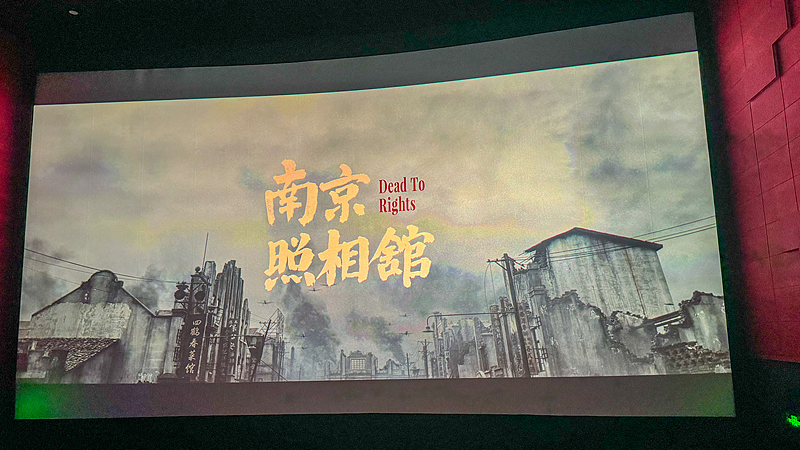David Lynch's 1977 surreal horror film Eraserhead continues to captivate global audiences with its haunting exploration of industrial alienation and psychological disintegration. Set against a backdrop of mechanical cacophony, the cult classic offers a visceral commentary on societal pressures and familial dysfunction that resonates across cultures.
A Descent into Madness
The film follows Henry Spencer, a printer navigating a decaying urban landscape, as he confronts the grotesque realities of forced marriage and parenthood. Lynch masterfully amplifies the protagonist's unraveling psyche through distorted soundscapes and unsettling imagery, particularly through the symbolic 'child' that becomes a manifestation of Henry's existential terror.
Cultural Impact and Legacy
While distinctly American in its industrial aesthetic, Eraserhead's themes of urban isolation and identity crisis find parallels in Asia's rapidly modernizing cities. The film's influence extends to contemporary Asian cinema, with directors like Park Chan-wook and Kiyoshi Kurosawa citing its atmospheric tension as inspiration for their psychological thrillers.
For business professionals analyzing urbanization trends, the film serves as an artistic mirror to workforce anxieties in industrial societies. Academics continue to debate its environmental commentary, particularly relevant to developing Asian economies balancing growth with sustainability.
Reference(s):
cgtn.com








